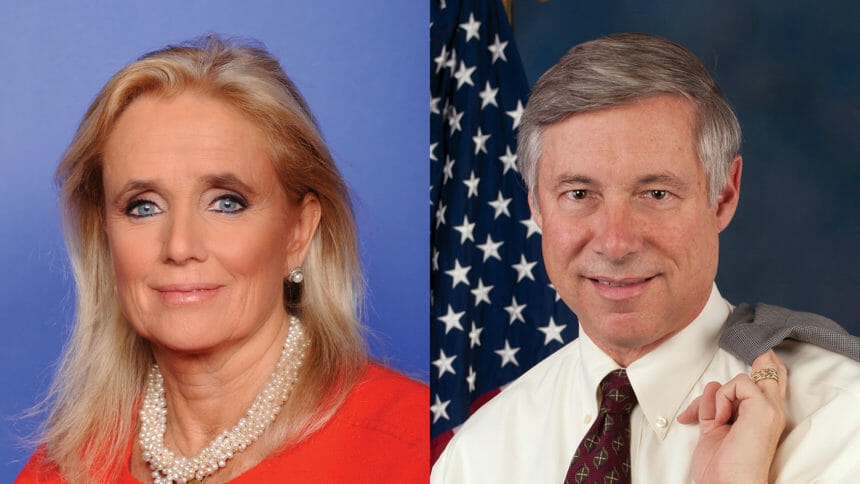
Bipartisan legislation introduced Friday aims to protect Medicaid payments for home- and community-based services, including those provided in assisted living communities, that otherwise would end Dec. 31 with the expiration of a provision known as Section 2404 of the Affordable Care Act.
Section 2404 changed Medicaid’s spousal impoverishment rules so that home- and community-based services and institutional care are treated equally when determining eligibility for Medicaid long-term services and supports. Between 1988 and when Section 2404 went into effect in 2014, in cases in which one spouse needed LTSS but the other did not, states were required to protect some of a married couple’s income and assets when determining nursing home eligibility, but applying the rules to HCBS waivers was optional.
The Protecting Married Seniors from Impoverishment Act, introduced Friday by Reps. Debbie Dingell (D-MI) and Fred Upton (R-MI), permanently would extend spousal impoverishment protections for Medicaid beneficiaries receiving long-term care in home- and community-based settings.
“Long-term care for our seniors and their families should be about improving quality of life,” Upton said in a statement. “Our bipartisan bill does that. It will help seniors protect their nest eggs and improve home- and community-based services here in Michigan and across the country. I’m glad to partner with Rep. Dingell to push this much-needed fix across the finish line.”
If Section 2404 expires without being addressed, according to an issue brief published last week by the Kaiser Family Foundation, Maine and New Hampshire do not plan to apply the rules to any HCBS waivers, and Montana was undecided at the time of the Kaiser survey on how it would apply the rules. Some other states planned to apply the rules in a limited manner.
“Our long-term care system is broken,” Dingell said. “Seniors and their families already face too many challenges when navigating long-term care, and they should not have to get divorced or go broke just to be eligible for the care they need.”
Fifteen percent of assisted living residents rely on Medicaid to pay for daily services, according to the National Center for Assisted Living.
“NCAL is pleased to see Reps. Dingell and Upton champion access to long-term care in home- and community-based settings, including assisted living,” NCAL Senior Policy Director Lilly Hummel told McKnight’s Senior Living. “Bringing certainty to spouses, to providers, to the Medicaid program nationwide is needed as more seniors will require long-term care in the coming years. We hope Congress will prioritize and resolve this issue before the end of the year.”
LeadingAge supports the legislation, too.
“As a national organization, LeadingAge has consistently supported federal law establishing protections against spousal impoverishment,” LeadingAge President and CEO Katie Smith Sloan said. “We support the legislation to extend the current protection.”



